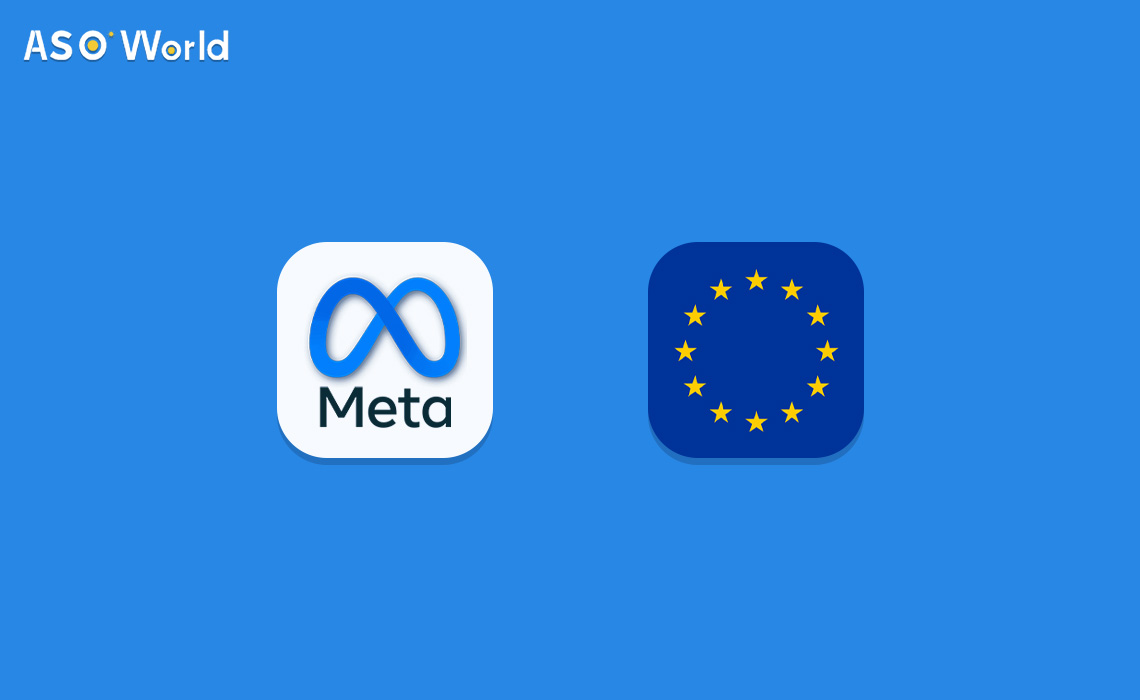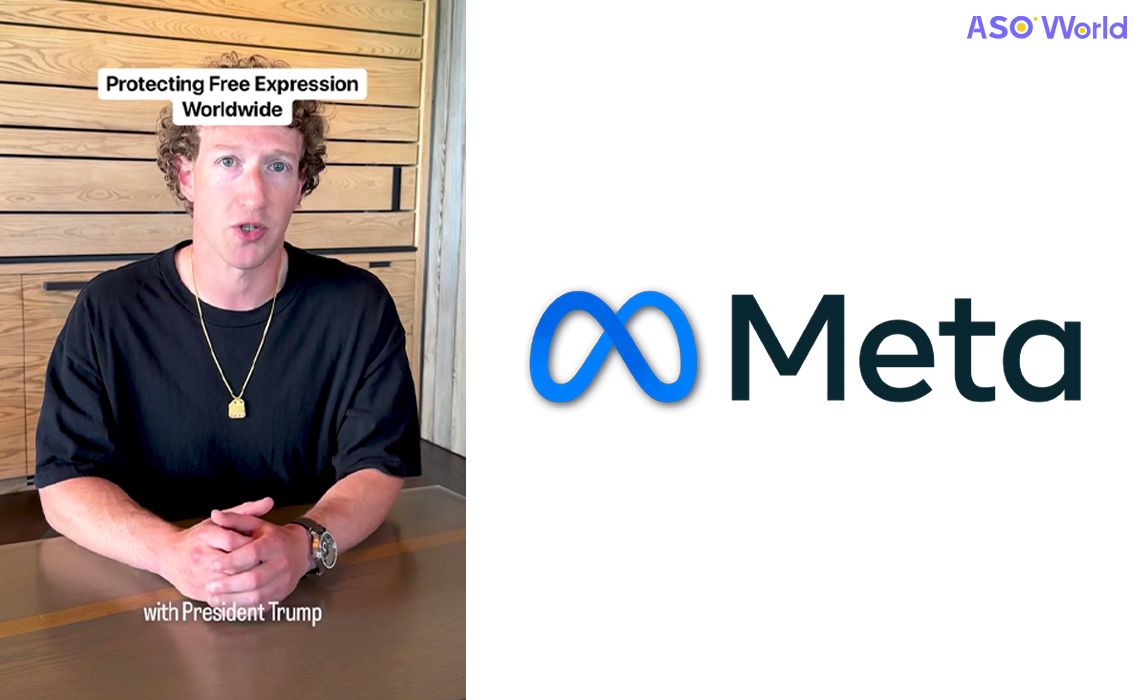Meta has come under fire with 11 complaints filed against it in the European Union.
The complaints, lodged on Thursday, challenge Meta's proposed policy changes that would permit the use of personal data to train its AI models without user consent.
These changes, set to take effect on June 26, have raised significant concerns about potential breaches of EU privacy regulations.
NOYB's Legal Action and GDPR Implications
The advocacy group NOYB (None of Your Business) has urged national privacy watchdogs to take immediate action against Meta's new policy.
NOYB claims that the changes would allow Meta to use years of personal posts, private images, and online tracking data for AI development, which could violate the EU's General Data Protection Regulation (GDPR).
GDPR violations can result in fines of up to 4% of a company's total global turnover.
Meta's Defense and Legal Precedents
Meta has defended its policy, citing a "legitimate interest" in using user data to train and develop its AI models and tools, which can be shared with third parties.
However, NOYB founder Max Schrems argues that the European Court of Justice (CJEU) has already ruled against such claims.
It has been declared that the European Court of Justice (CJEU) has clarified that Meta lacks a "legitimate interest" to supersede users' right to data protection in matters related to advertising.
The Complicated Opt-Out Process
The founder of NOYB criticized a tech company's opt-out process as overly complicated and misleading.
He emphasized that the law requires opt-in consent, not shifting the responsibility to users to opt out, and he also argued that the company should seek permission to use user data rather than making users request exclusion.
Calls for Urgency
NOYB has requested data protection authorities in Austria, Belgium, France, Germany, Greece, Italy, Ireland, the Netherlands, Norway, Poland, and Spain to initiate an urgency procedure due to the imminent changes.
The outcome of this legal battle could have significant implications for how tech giants handle user data in the future.
Editor's Comments
The controversy surrounding Meta's proposed policy changes highlights the ongoing tension between tech companies and privacy advocates.
Meta's attempt to use personal data for AI training without explicit user consent is a bold move that could set a dangerous precedent if allowed.
The complexity of the opt-out process further exacerbates the issue, making it difficult for users to protect their data.
As the legal proceedings unfold, it will be crucial to see how data protection authorities respond and whether they will uphold the stringent requirements of GDPR.




